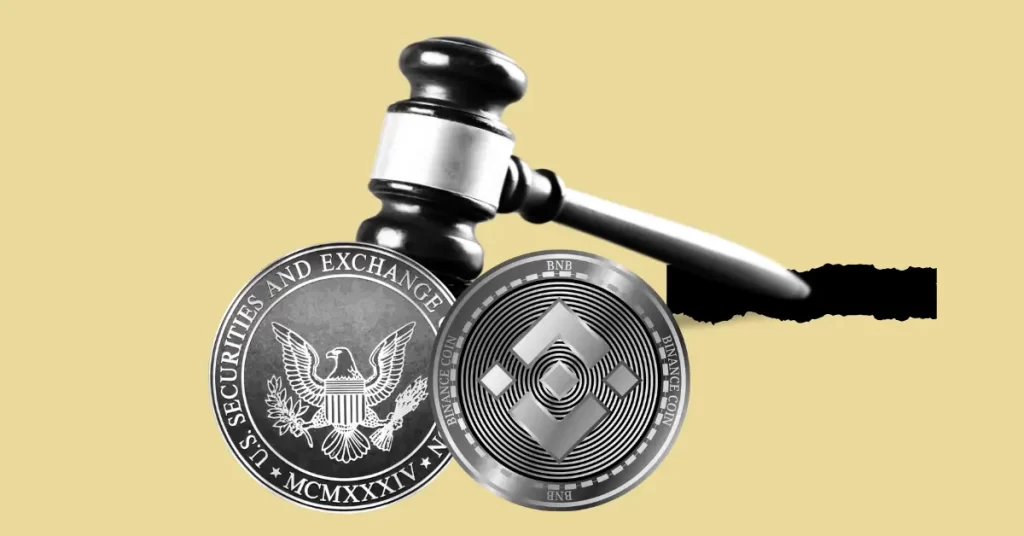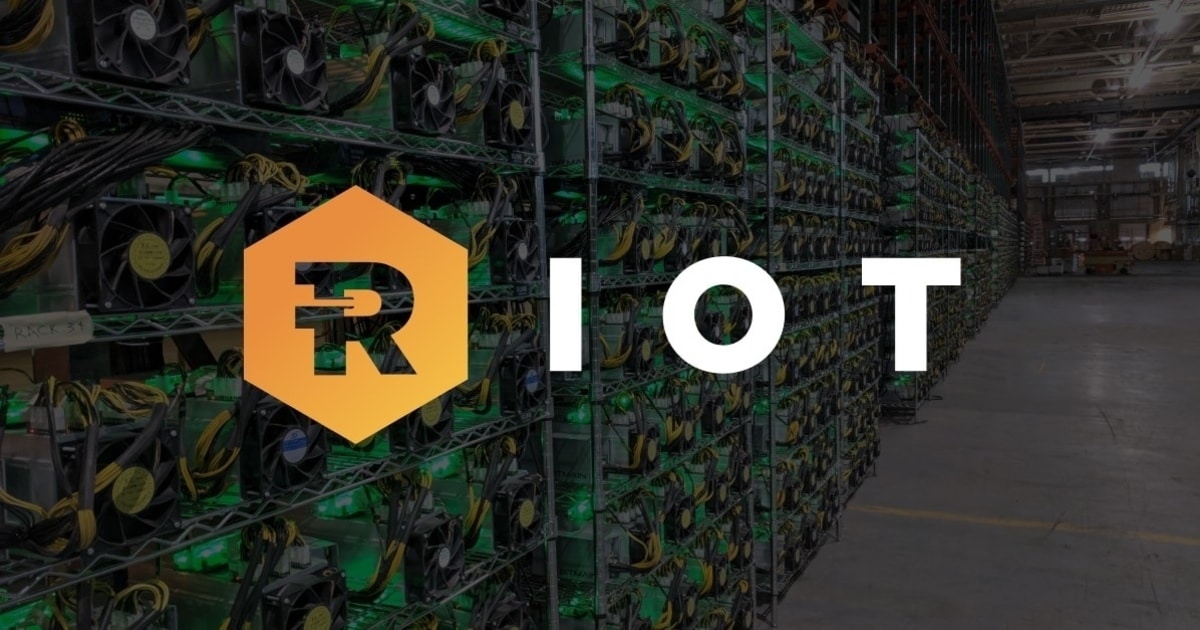Binance Back in Court! US Judge Allows Key SEC Claims on Crypto Sales

The post Binance Back in Court! US Judge Allows Key SEC Claims on Crypto Sales appeared first on Coinpedia Fintech News
Binance is in BIG trouble again – and this time it’s looking serious. A U.S. court has allowed most of the claims by the US SEC regulators against the cryptocurrency exchange Binance to proceed. Judge Amy Berman Jackson ruled that claims regarding Binance’s staking program, the sale of its BNB token after its initial coin offering, and anti-fraud violations will move forward.
The SEC’s assertion that former Binance CEO Changpeng ‘CZ’ Zhao acted as a “control person” and that Binance was required to register under the Exchange Act will also be heard in court.
Are we looking at the showdown of the century?
Read on to find out exactly what’s at stake for Binance, its users, and the entire crypto industry.
Partial Dismissal: A Mixed Outcome
However, the judge dismissed the SEC’s claims related to the secondary market sales of BNB and all sales concerning the Binance USD (BUSD) stablecoin. This decision was influenced by a previous ruling in the SEC’s case against Ripple.
The dismissal of certain claims was unexpected. Finance lawyer Scott Johnsson described it as a significant setback for the SEC. FOX Business reporter Eleanor Terrett noted that this ruling might benefit other crypto firms like Coinbase, Kraken, and ConsenSys in their legal battles. The hearing on the case is scheduled for July 9.
The SEC had filed its lawsuit against Binance in June 2023, alleging the sale of unregistered securities and illegal operations in the U.S. Binance and CZ sought to dismiss the lawsuit, claiming the SEC had overreached its authority.
A Look at Binance Around the Globe
Despite these legal challenges, Binance remains the largest cryptocurrency exchange globally, with over 200 million users and $100 billion in assets under management. However, seven U.S. states, including Alaska, Florida, Maine, and North Carolina, have either revoked or refused to renew Binance’s money transmitter license. Meanwhile, CZ is currently serving a four-month prison sentence for violating money laundering laws.
Gensler Pushes Back
Under Chair Gary Gensler, the SEC argues that most digital tokens are unregistered securities that should be subject to its oversight. Gensler is highly critical of crypto exchanges and the digital-asset industry for alleged noncompliance. However, a series of SEC lawsuits to enforce its position has failed to settle whether digital tokens are securities. In the meantime, clarifying legislation from Congress remains pending, and the industry accuses the regulator of overreach.
Also Read: SEC Files Complaint Against Consensys Over Unregistered Crypto Transactions
What do you think? Is the SEC overstepping its authority, or is regulation necessary for the crypto industry to thrive?



